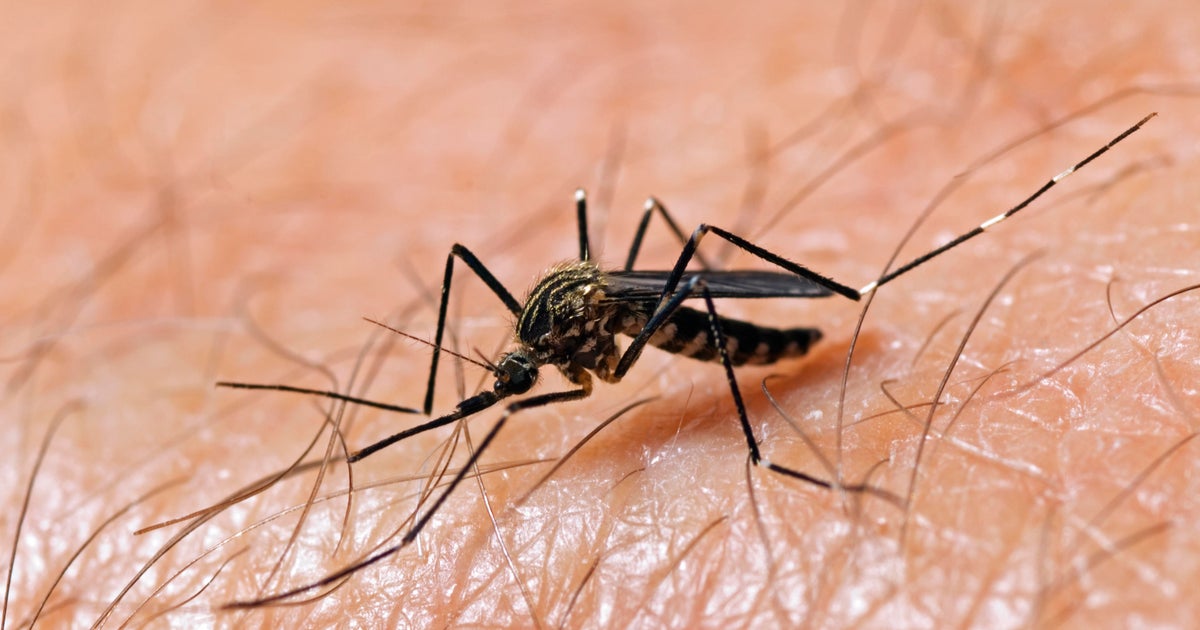Mosquito Menace: Allegheny County Launches Preemptive Strike Against Larvae Invasion

In a proactive approach to combat mosquito-borne diseases, the Allegheny County Health Department is launching an innovative pre-emptive strike against these pesky insects. Instead of waiting for mosquitoes to become a nuisance, the department will now target them before they even have a chance to take wing.
This strategic intervention aims to significantly reduce the mosquito population by intercepting them during their earliest stages of development. By focusing on mosquito larvae and breeding grounds, health officials hope to prevent potential outbreaks of diseases like West Nile virus and Zika virus before they can spread.
The initiative involves comprehensive surveillance of potential mosquito breeding sites, including standing water areas, stagnant pools, and other locations where these insects typically lay their eggs. Through careful monitoring and targeted treatment, the health department seeks to protect community health and improve residents' quality of life during the warmer months.
Residents are encouraged to support these efforts by eliminating standing water around their properties and cooperating with local health officials during mosquito control operations. This collaborative approach represents a proactive and community-driven strategy to manage mosquito populations effectively.
